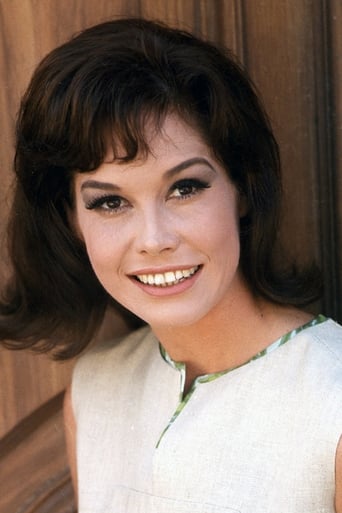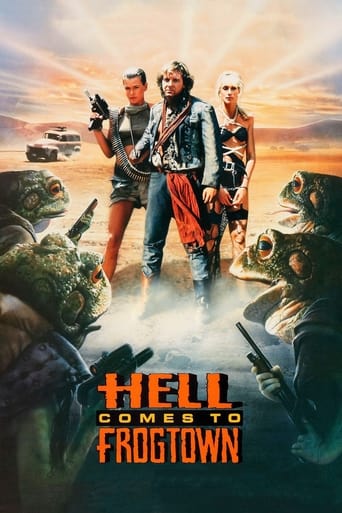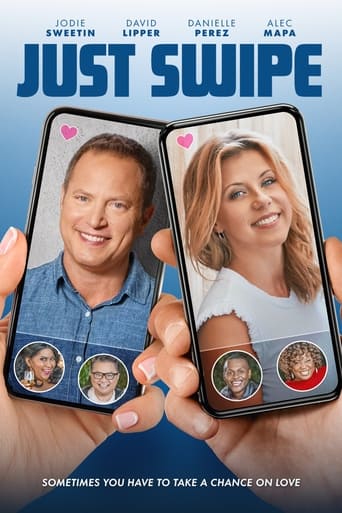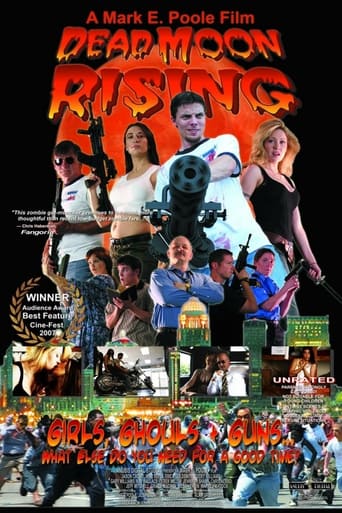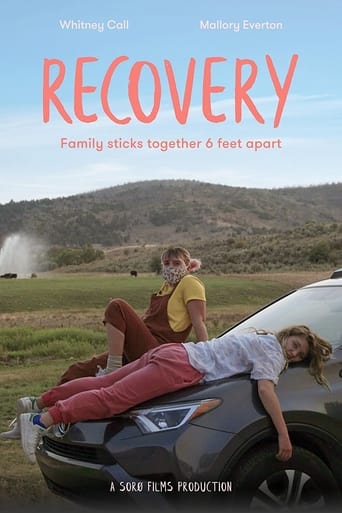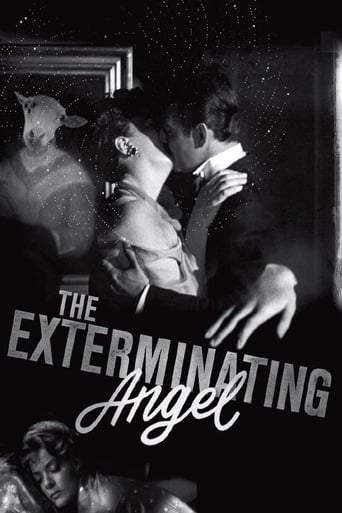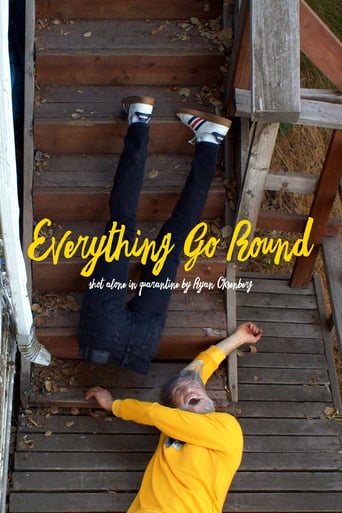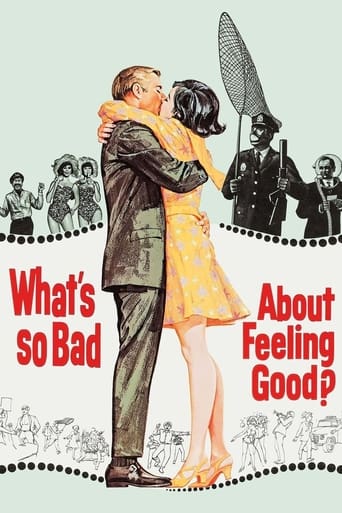
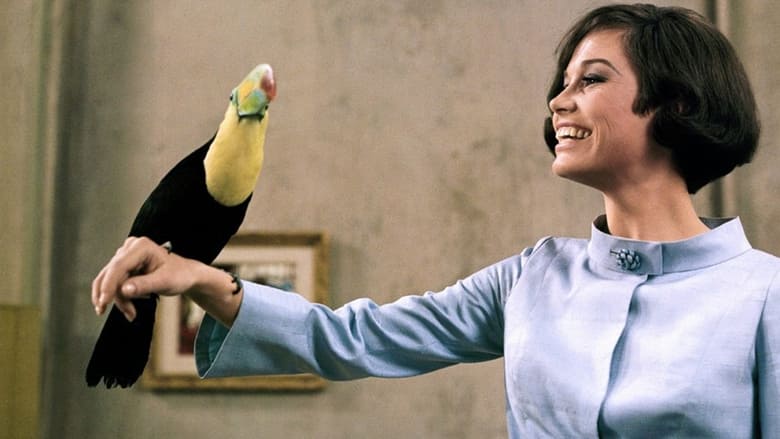
What's So Bad About Feeling Good? (1968)
A new infection that simply makes people feel happy is treated as a threat by the authorities while its "victims" work to spread it to others.
Watch Trailer
Cast
Similar titles
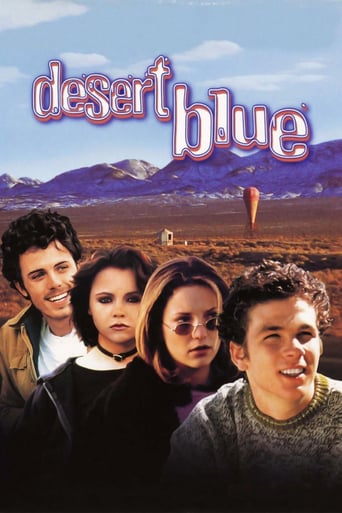
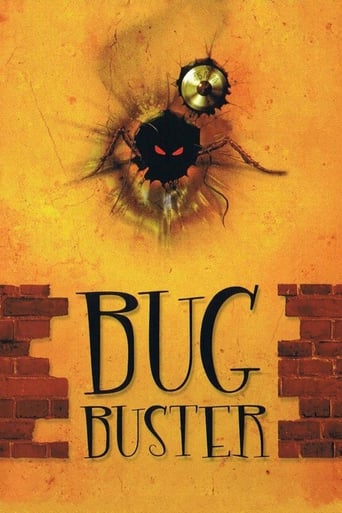
Reviews
I love this movie so much
Good story, Not enough for a whole film
This is a small, humorous movie in some ways, but it has a huge heart. What a nice experience.
It's funny, it's tense, it features two great performances from two actors and the director expertly creates a web of odd tension where you actually don't know what is happening for the majority of the run time.
I saw this film during my impressionable teen years. Its message has haunted me since. Suppose a virus exists that alters human brain chemistry and folks become happy? What would that do to contemporary society based on fear, insecurity and petty neuroses? What would be the response of our critical, western socio-economic institutions that were established to deal with those very fears, hang-ups and neuroses? From our consumer society to our police, mental health, religious and military institutions? How would these institutions and hierarchies react and respond to the a spontaneous outburst of mass euphoria? I have looked for this comedy for decades. Only once to my memory has it been shown on television. I have always been suspicious about that, considering it is wrapped in rather cutesy, mid-60's Paramount-picture-esque, candy-coated plot much like the Rock Hudson/Tony Randall/Doris Day comedies typical of that era. Don't get me wrong, this comedy is no "Dr. Strangelove" but unlike the Doris Day pap of the day, under all the silliness, this movie hides a seditious message. I don't know who wrote or directed it, but if you told me Norman Lear, Buck Henry, or Terry Sothern (sp?) it would not surprise me. This is the kind of message-laden stuff Lear taught us to expect in the early 70's. Only three other comedies from that era stayed with me, "The President's Analyst," "Watermelon Man," and "Cold Turkey." All hid powerful messages under their surface silliness.
I saw this on TV many years ago when I was a kid and the ideas have stayed with me like no other story. I think the basic story has the core of a fable for the ages like "Groundhogs Day" or "It's A Wonderful Life". In particular I remember the Idea that some people didn't need the infection. They were capable of happiness all the time ; and some were not. Now thirty years later the research of psychiatry and psychology finds that the basic ability or disposition to be happy underlies much of what happens in our lives. If they had seen this movie. We see constant advertisements for medications to make us happy. The characters in the movie are dated but the basic question of happiness haunts each of us and all of us together. I only wish I could see it again.
What a terrific movie...and a profound comment on society in general...A timeless story, it could hold up very well if remade (a la Psycho). But since hardly anyone has seen the original, it would be a HUGE hit this time around... Amigo is the best !!! The title says it all-What's so bad about feeling good ?
This movie was very silly but fun and actually a little thought-provoking. Mary Tyler Moore and George Peppard play two hippies who live with several of their friends in a dingy New York apartment. Their only goal in life is to "tune in and drop out" of mainstream society. After a toucan carrying a "happy virus" infects them, however, they "clean up" their acts, and begin to dress and act like your typical 60's establishment types. Moore and Peppard begin to think about marriage and children. The virus spreads all over New York City and people begin to be nice to one another. This alarms the makers of such products as alcohol, tobacco and gambling since demand for these begins to plummet! I always liked the scenes where rude New Yorkers begin to treat each other with respect and kindness, and the "hippy pad" was intriguing to me as a little kid. It wasn't just the silliness of the movie, though, that I liked. It actually made me think about how just waving a wand and making everyone happy would have a lot of unintended consequences. It was an early introduction for me to the economic concept of opportunity costs.

